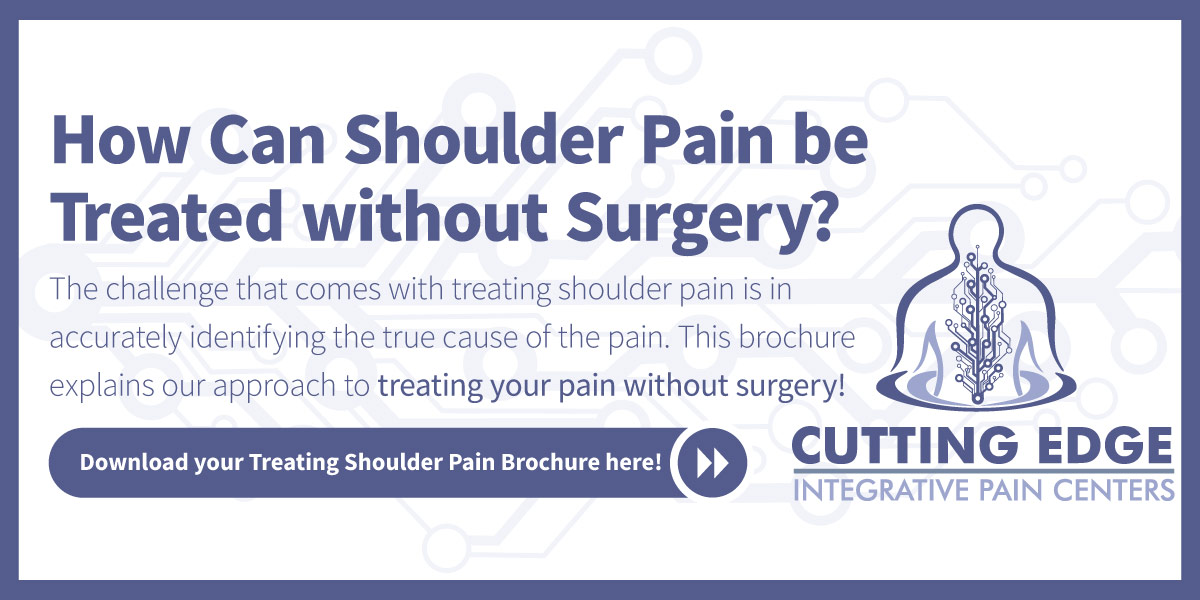Insomnia is a condition where it is hard to fall asleep at night. Getting less than the required amount of sleep can have harmful consequences, like fatigue and mood swings. However, it has also been shown that pain and sleep are connected. Pain and sleep are also linked with depression, which is considered in the Pain Insomnia Depression Syndrome.
Interested in Ketamine Infusion Therapy? Click Here to Learn More!
What is Pain Insomnia Depression Syndrome?
Pain Insomnia Depression Syndrome (PIDS) is a symptom cluster that is often caused by chronic, severe pain. Due to the co-occurrence and causal relationships between pain, insomnia, and depression, they can be categorized into a symptom cluster. By being aware of the interconnectedness of these symptoms, treatment of the symptoms can be improved. All of the symptoms can be taken into consideration when weighing different treatment options, rather than treating just one symptom at the risk of worsening a different symptom and worsening the rest of the symptoms, rendering the treatment ineffectual.
How are Pain, Insomnia, and Depression Connected?
Depression negatively impacts the performance of neurotransmitters that affect pain and mood. When these transmitters don’t function correctly, people experience worsened moods and intensified pain. Pain is both a cause and effect of insomnia. Having chronic pain causes discomfort and distractions that become obstacles to falling asleep at night. Staying awake at night prevents the body from getting the proper rest to recover fully, causing continuous pain. Depression is also a cause and effect of insomnia, as it causes trouble falling asleep and causes people to wake up at night. Sleep is very important for optimal activity in the brain, so not getting enough sleep can result in depression. Because of these relationships, a connection between sleep, pain, and mood is established.
Can Pain Insomnia Depression Syndrome be Treated?
Some medications for chronic pain can cause sleep deficiency. By taking different medications or taking these medications at the beginning of the day, insomnia can be prevented. Patients getting enough sleep is an important part of treating their chronic pain. Ongoing research on the links between pain and sleep are advancing new treatment practices, resulting in better outcomes and improved quality of life for patients.
If you or someone you love has Pain Insomnia Depression Syndrome, you should take it seriously and seek medical help. Treating pain, insomnia, and depression in a way that does not worsen the other symptoms is key. If you want to learn more about chronic pain and how it affects your sleep and mental health, schedule an appointment with Cutting Edge Health today.


